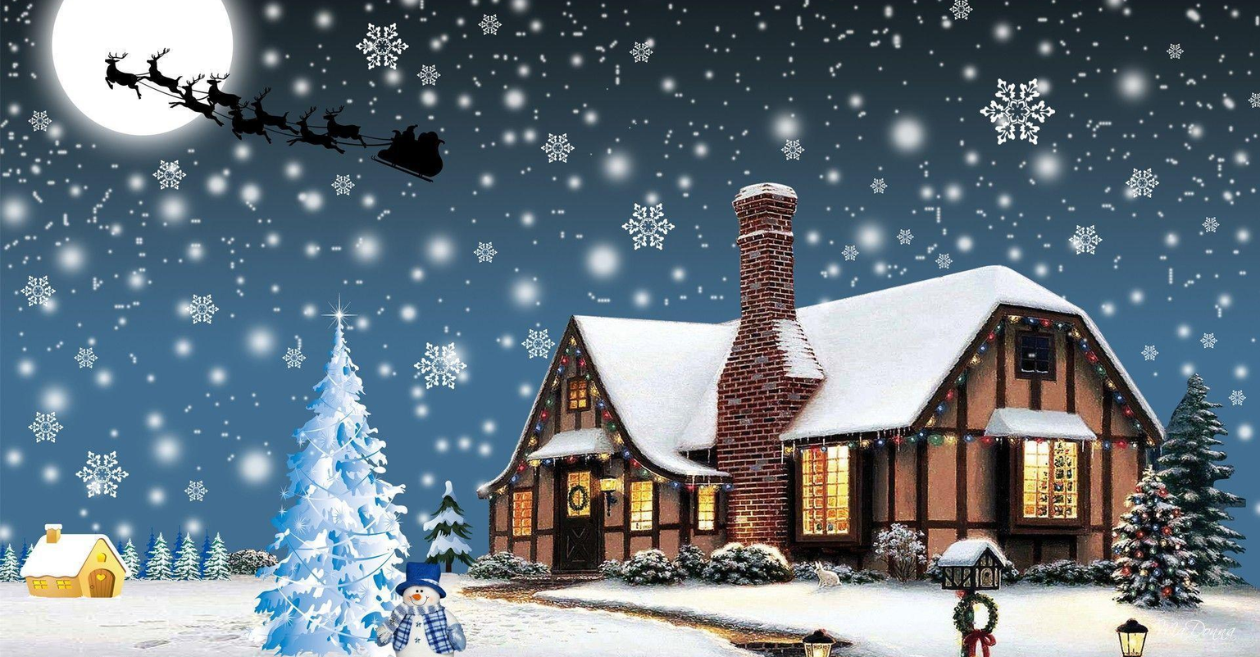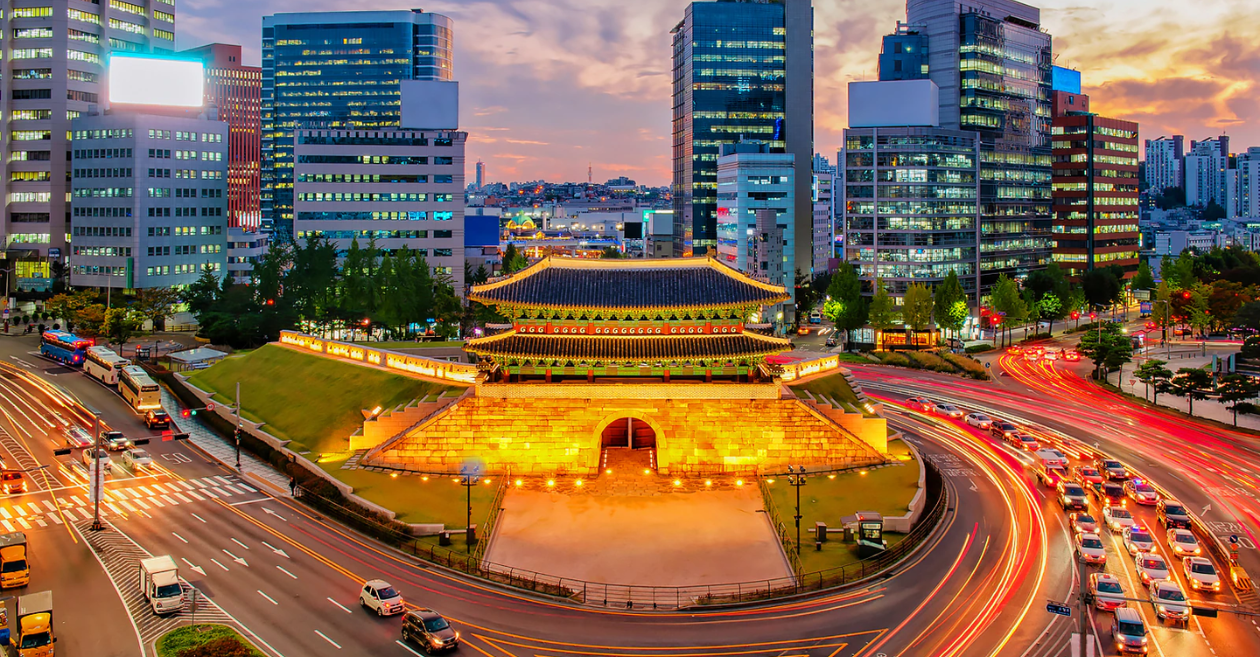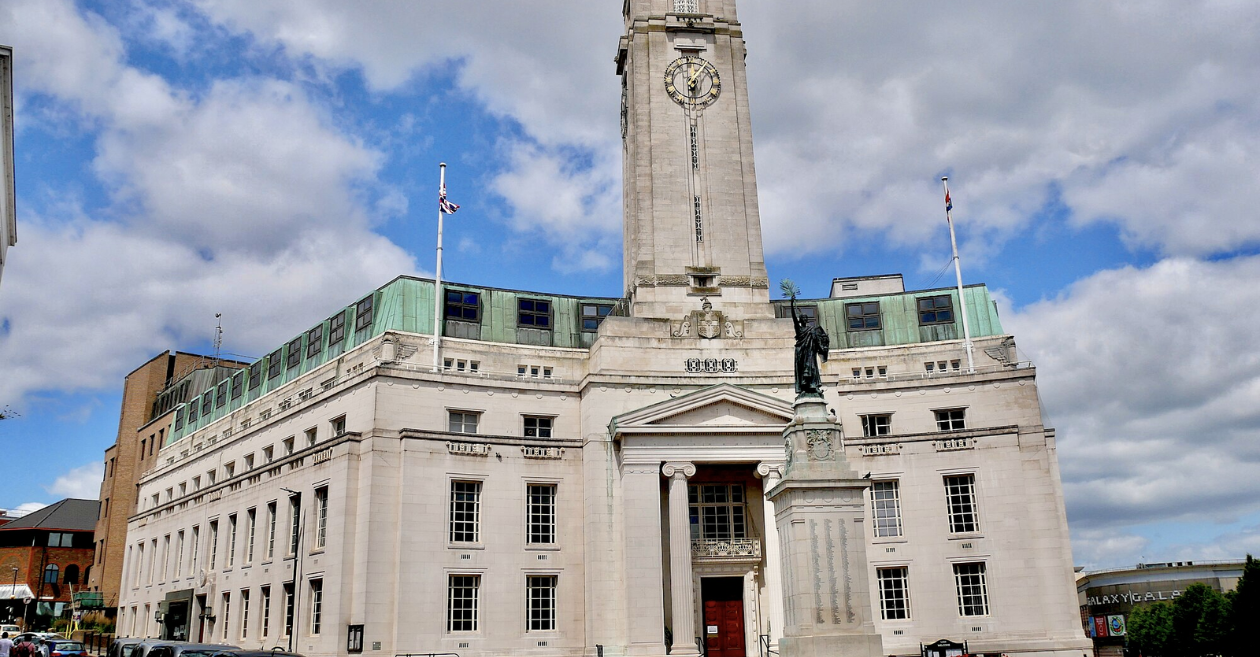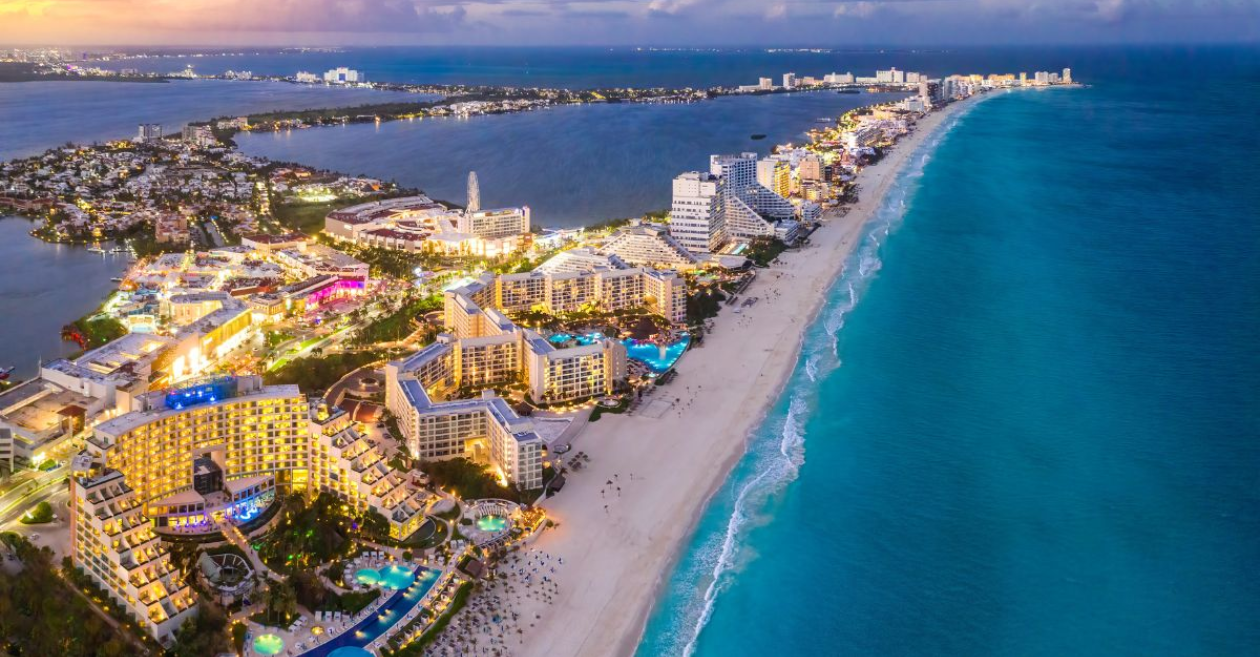


'Tis the season to be jolly, and as the festive lights twinkle and carolers fill the air, one question often lingers in the minds of many: Why is it called Christmas Eve? Let's unwrap the mystery behind this enchanting night and discover the traditions that make it a pivotal part of the holiday season. Christmas Eve, observed on December 24th, is not only a time of anticipation before the grand celebration of Christmas Day but also a night steeped in rich cultural and religious significance, symbolizing hope, togetherness, and the joyous spirit of giving.
Christmas Eve has its roots in the Christian tradition, marking the evening before the celebration of the birth of Jesus Christ. The word "eve" is derived from the Old English term "ǣfen," meaning evening, setting the stage for the festive occasion.
In the Christian liturgical calendar, Christmas Eve is a significant date, bridging the anticipation of Advent with the joyous arrival of Christmas Day. The night is observed with special services and midnight masses, creating a sense of reverence and excitement.
Beyond its religious significance, Christmas Eve has become a global celebration embraced by diverse cultures. From the Feast of Seven Fishes in Italy to the Yule Goat in Scandinavia, different countries add their unique flavors to the evening, making it a rich tapestry of global traditions.
For many, Christmas Eve is synonymous with family gatherings and festive feasts. The exchange of gifts, the warmth of a crackling fireplace, and the joy of shared moments contribute to the magic of the night.
Christmas Eve is perhaps most iconic for the excitement it brings to children worldwide. The anticipation of Santa Claus making his nocturnal journey, delivering gifts to well-behaved youngsters, adds an extra layer of enchantment to the night.
Counting down the hours until midnight has become a cherished tradition. Whether it's opening an advent calendar, watching classic holiday films, or engaging in festive activities, the buildup to Christmas Day on the eve is a time-honored ritual.
Midnight on Christmas Eve is symbolic in many cultures. It represents the turning point from darkness to light, mirroring the idea of the birth of Jesus bringing light to the world. Churches often hold midnight services to commemorate this transformative moment.
A common tradition on Christmas Eve involves lighting a single candle, symbolizing the hope and joy that Christ's birth brings. The flickering flame not only illuminates the darkness but also serves as a beacon of unity and love.
| Record | Fact |
| 1 | The term "Christmas Eve" dates back to the 11th century |
| 2 | The world's largest Christmas Eve gathering had 750,000 attendees in Stockholm in 2013 |
| 3 | NORAD (North American Aerospace Defense Command) has been tracking Santa on Christmas Eve since 1955 |
As we revel in the warmth and joy of Christmas Eve, the name itself carries a rich tapestry of history, culture, and tradition. Whether you observe it for religious reasons, cultural festivities, or the sheer joy of being with loved ones, Christmas Eve remains a magical prelude to the grand celebration of Christmas Day. So, as the clock strikes midnight, let us cherish the enchantment of this special night and embrace the spirit of giving and togetherness. In the end, it's not just about why it's called Christmas Eve; it's about the collective magic that makes this evening a cherished part of our lives.
Christmas Eve gets its name from the Old English term "ǣfen," meaning evening. It marks the night before the celebration of the birth of Jesus Christ in the Christian tradition.
Christmas Eve holds historical importance in the Christian liturgical calendar, acting as a bridge between the anticipation of Advent and the celebration of Christmas Day. Special services and midnight masses are conducted to honor this occasion.
Christmas Eve is celebrated worldwide with diverse cultural traditions. From the Feast of Seven Fishes in Italy to the Yule Goat in Scandinavia, different countries contribute unique customs, creating a rich tapestry of global celebrations.
Midnight on Christmas Eve is symbolic, representing the transition from darkness to light, mirroring the concept of Jesus Christ's birth bringing light to the world. Many churches hold midnight services to commemorate this transformative moment.
Yes, notable records include the term dating back to the 11th century, the world's largest Christmas Eve gathering in Stockholm in 2013 with 750,000 attendees, and NORAD tracking Santa on Christmas Eve since 1955. These records add fascinating dimensions to the enchanting night.

South Korea is like a cool mix of old

You might not think of Luton immediat

Cancun, just saying it makes you thin

The USS Enterprise is like a supersta

Woolworths, a beacon in the retail la

In the vast sea of credit card choice
Trash to treasure: How Google thinks
Spring Fashion Show at the University
Matter of Impact: April updates from
Android Enterprise security delivers
We are not gonna make spamming
Copyright By@TheWebTrends - 2023
BACK TO TOP